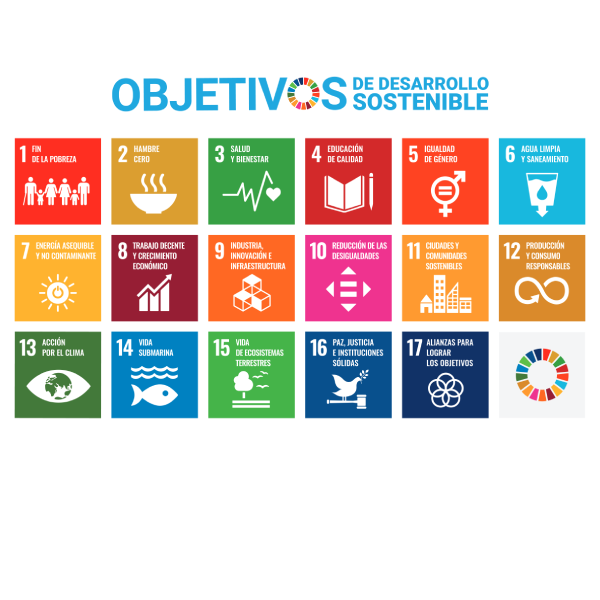Each year, during the month of May, RACI opens its membership for all those organizations that wish to join a cooperative workspace. Today, more than ever, we want to stay together in order to face the challenges before us and to work together to be able to succeed.
The necessary requirements that organizations must meet in order to join our Member Network are the following:
- Be a non-governmental, non-partisan, nonprofit organization.
- Be an organization with a social cause, that is, to have been constituted to carry out an activity in pursuit of the common good, democratically organized, whose financial resources are used to help pursue its own objectives.
- Be an Argentine organization that works in the country.
- Be registrated under Argentine legal regulations, in any of the forms that the law provides for non-profit organizations (civil organizations, foundations, cooperatives, cooperation organizations, mutual organizations, etc.).
- Have a minimum of 2 years of operation, since its legal registration.
- Participate in the Informative Membership Meeting or have had a previous meeting with the RACI staff.
RACI considers that working collectively is the best way to tackle, with an integral approach, the problems of the country and the world. For this reason, the Network works on issues of advocacy, research and capacity development to democratize the access to tools, methodologies, information and resource, in order to produce and spread valuable information for civil society and to develop and optimize CSO capacities and skills.
Being a member of RACI means being part of a diverse group of Argentine civil society organizations that works together and in pursuit of an independent, solid and sustainable civil society. RACI members actively participate in exchange spaces, during which they connect with each other in order to protect the civil space and improve the enabling environment of the civil society.
The entry process consists of filling in the following form and following the instructions given there. For any questions, please write to: membresia@raci.org.ar.
In our website www.raci.org.ar you can find more information on our work, what our courses of action are, who our members are, the strategic actors with whom we build bridges, our projects and much more. We invite you to join our Network!


